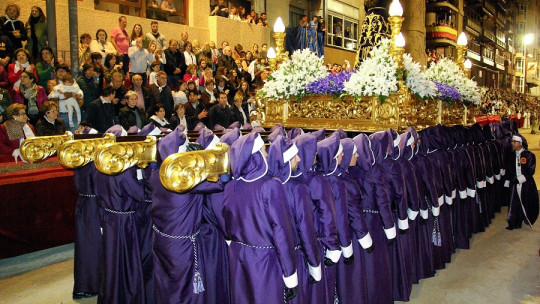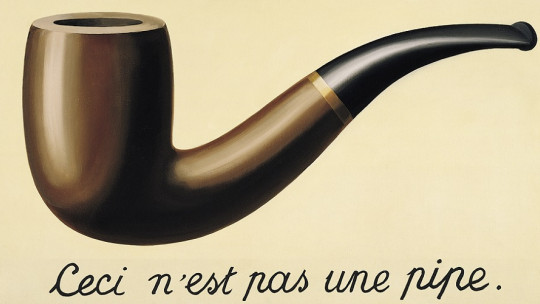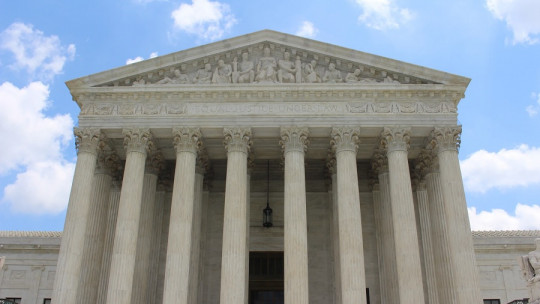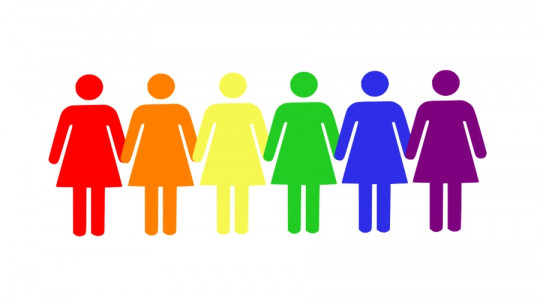
It is common to hear expressions such as secular State or non-denominational State, sometimes synonymously. But there are important differences.
In order to understand what they are the details that make secularism and non-denominationalism actually very different concepts we are going to define each of them so that we can later compare them and find the points that make them unique and therefore distinguish them.
What are the main differences between secularism and non-denominationalism?
It is common to wonder what the differences are between secularism and non-denominationalism. Both terms refer to the non-religiosity of a certain territory, but there are certain nuances that make them different and therefore it is advisable to delve into these details to avoid making mistakes.
Mostly, secularism refers to absolute independence from a public administration to any type of religious organization.
Instead, When a State declares itself non-denominational, it is telling us that it does not officially profess any faith, but that does not prevent it from establishing agreements with religious entities especially those that have historically been linked to the powers of the country in question we are talking about.
Therefore, when we talk about the differences between secularism and non-denominationalism, the first distinction we must make is that of secularism, as an entity foreign to any religion, versus non-denominationalism, as a predetermined absence of relationship with a specific religion but without impediment so that ties are established on some specific issues or even said religious institutions come to enjoy certain benefits or privileges.
Faced with these two typologies we would find a third formula, that of the confessional State. In this case we would be talking about a country whose political organization is closely linked to the predominant religious power, and can reach extreme cases in which both powers are indistinguishable from each other, forming the so-called theocracies, where the laws and rules that govern life religion of people are the same ones that act on civil life.
Today there are numerous countries that maintain the theocratic model, many of them of an Islamic nature, such as Iran, Saudi Arabia, Pakistan, or Sudan. Also Christians, as in the case of the Vatican State. There are also confessional States where, although political and religious power have a certain separation, they are interconnected and coordinated for numerous issues and even legislation, which mix religious and legal norms.
Returning to the question of the differences between secularism and non-denominationalism and seeing the example of confessional States and theocracies, it is easier to understand that people usually make the mistake of confusing secularism and non-denominationalism and use both terms interchangeably to refer to a State that is not associated with any religion, because in contrast to the examples we have just seen, the differences between them become very subtle.
The problem of definitions
One of the reasons that make it so difficult to establish the differences between secularism and non-denominationalism are the very definitions that the Royal Spanish Academy provides for these terms and that instead of resolving doubts, they make them deeper. The truth is that the help that one could seek in the RAE dictionary to completely differentiate these concepts is not as satisfactory as we could hope for, far from it.
In reference to the term secular, what the Royal Academy establishes in its definition is: “independent of any religious organization.” Up to this point we would not find any problem, since it fits reasonably well with the description we made in the previous point. The problem comes when we search for the term non-denominational and discover that the definition that the RAE provides is practically identical
What the Spanish dictionary par excellence tells us is: “that it does not belong to or is attached to any religious confession.” It is difficult to find the differences between both definitions and this is because there are practically none. In the first case he uses the term “independent”, while in the second, instead, he prefers expressions such as “does not belong” or “is not attached”. The divergence, if any, is too subtle.
As we anticipated, this represents a setback in being able to discern the differences between secularism and non-denominationalism. For this reason, it is necessary to go beyond the definitions that the Royal Academy provides us and study other sources, especially specific cases, in order to shed some clarity and be able to more easily observe the elements that establish the disparity between both concepts.
Therefore, in the next point we will be able to study the case of the Spanish model, thanks to which we will find some of the differences between secularism and non-denominationalism.
Is Spain a non-denominational or secular state?
It is common that, when we talk about differences between secularism and non-denominationalism, many people think about the specific case of Spain and wonder if this is a secular or non-denominational State. Today, Spain is a non-denominational state, but it is not unusual for this doubt to arise, since we have already seen that it is not unusual to confuse both concepts due to their proximity
Spain became a non-denominational State after the 1978 constitution. In fact, although neither the term secular nor non-denominational is used in the Magna Carta, it is explicit that no confession will have a state character. What does this mean? That Spain will not have a specific official religion. But history has a lot of weight and Spain has traditionally been one of the banners of Catholicism.
Therefore, although at a legal level Spain no longer has a specific confession, it is true that The Catholic Church maintains a special relationship with the State supported by agreements signed between Spain and the Vatican, that is, the Holy See, in 1979. Fundamentally these agreements refer to taxation, but it is true that there are also certain agreements relating, for example, to matters of education. .
In summary, taking into account the differences between secularism and non-denominationalism that we have reviewed, we could conclude that the definition of secular, although close, does not completely fit with Spain’s position regarding religions, so the most correct thing would be to affirm that in reality the Spanish State is non-denominational, since it does not subscribe to any confession but maintains agreements with Catholic Christianity, a religion that has historically predominated in our country.
The example of France as a secular state
Through the case of Spain we have been able to see an example of a non-denominational country. Now we will focus on France in order to have on the table the other type of model, the secular or secular Thanks to this comparison it will be even easier to understand the differences between secularism and non-denominationalism, being able to compare between the French and Spanish systems, as two representatives of said models.
France, like Spain, has been a traditionally Catholic country. However, while Spain separated its political power from its religious power in 1978 and also did not close the door to certain agreements (hence it is considered non-denominational, as we have already explained), France did so much earlier and in a more categorical manner. . To do this we must go back to the beginning of the 20th century.
It was in 1905 when the law of separation of Church and State was enacted in the French country, a documentary that captures the secularism of France, a model that is maintained to this day. With this law, what France did was end any type of agreement that existed at that time with the Holy See (that is, with the Catholic Church, which was the official confession of the country until that moment) and establish three principles that would regulate from that moment the relationship of the State with religions.
First of all, the French State declares itself neutral towards all confessions. Secondly, it establishes total freedom for citizens in choosing their faith, if they have one, since it is such a personal matter that the State should not get involved in said decision. Finally, cancels, as we have mentioned, the agreements that were in force at that time between France and the Vatican State
This process was quite turbulent and involved a national debate and years of back-and-forth in the legislative chamber until an agreement was reached. It is logical that it happened this way, since it implied an important change at a historical level and therefore the positions on the matter were very opposed.
In any case, this model sheds light to understand the differences between secularism and non-denominationalism in a clearer way.








